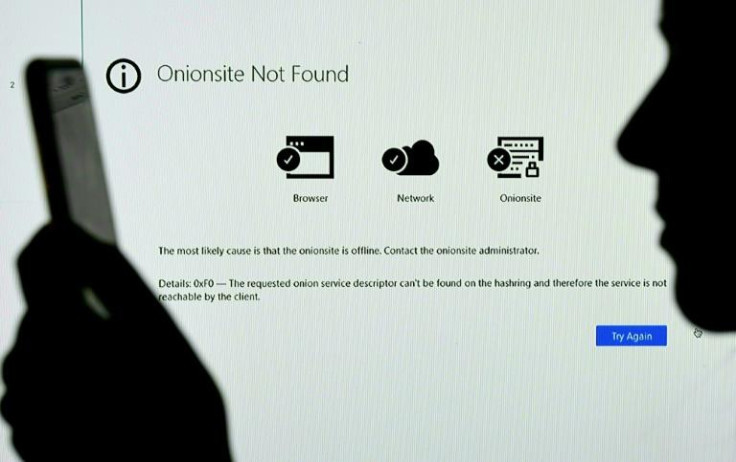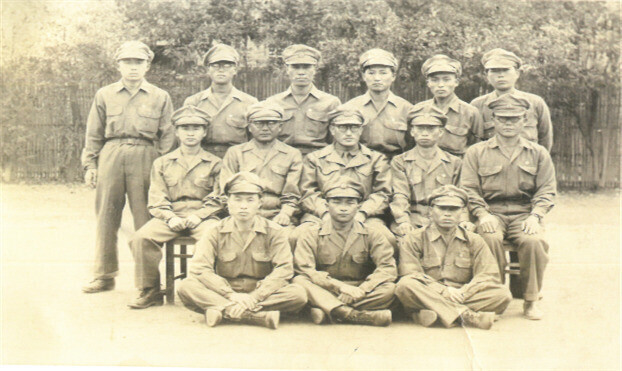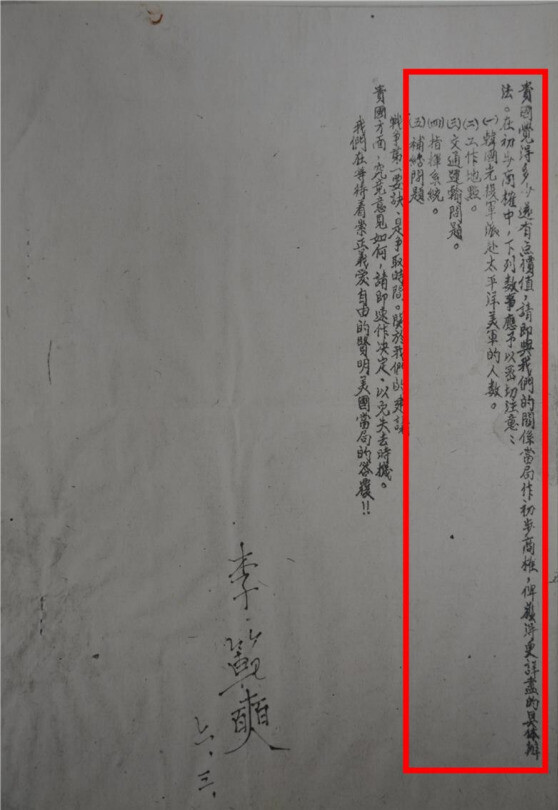US Discourages India From Acquiring Russian S-400 Missile Defence Systems
In October 2018, India signed a USD 5 billion deal with Russia to buy five units of the S-400 air defence missile systems, despite a warning from the then Trump administration that going ahead with the contract may invite US sanctions.Updated: January 13, 2022
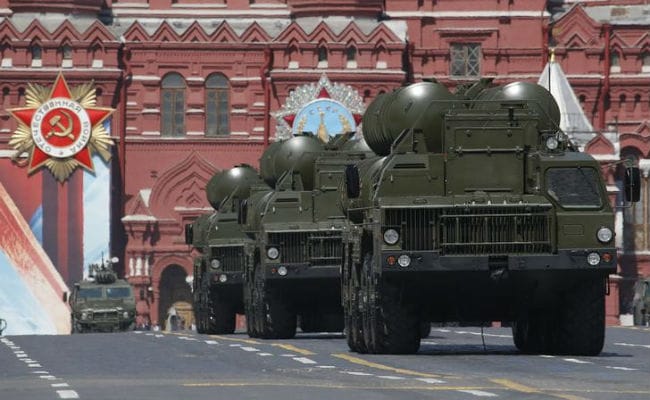
The S-400 is known as Russia's most advanced long-range surface-to-air missile defence system.
Washington:
The US has made clear to India that it is "discouraging" it from proceeding with its acquisition of S-400 missile defence systems from Russia but Washington will have to weigh "important geostrategic considerations" while taking a decision on growing calls for a presidential CAATSA waiver to New Delhi, President Joe Biden's nominee for Coordinator for Sanctions Policy has told lawmakers.
In October 2018, India signed a USD 5 billion deal with Russia to buy five units of the S-400 air defence missile systems, despite a warning from the then Trump administration that going ahead with the contract may invite US sanctions.
The Biden administration has not yet clarified whether it will impose sanctions on India under the provisions of the Countering America's Adversaries Through Sanctions Act (CAATSA) for procuring the S-400 missile systems.
CAATSA is a tough US law that was brought in 2017 and authorises the US administration to impose sanctions on countries that purchase major defence hardware from Russia.
James O'Brien, President Biden's nominee for the US State Department's coordinator for sanctions policy was asked at his confirmation hearing on Wednesday if the US experience with Turkey provided any warning or lessons on how to proceed with India.
The US has already imposed sanctions on Turkey under the CAATSA for the purchase of a batch of S-400 missile defence systems from Russia.
Following the US sanctions on Turkey over the procurement of S-400 missile systems, there were apprehensions that Washington may impose similar punitive measures on India. Russia has been one of India's key major suppliers of arms and ammunition.
"I believe they are very different circumstances, and, of course, different security partnerships -- but how do you believe we should think about the possibility of sanctioning our friends and not just threats?" Senator Todd Young asked O'Brien, a former career employee of the State Department.
In response, O'Brien said it was difficult to compare the two situations, with a NATO ally that is breaking with legacy defence procurement systems, and then with India, a partner of growing importance, but that has legacy relationships with Russia.
"The administration has made clear that it is discouraging India from proceeding with the acquisitions of Russian equipment, and there are important geostrategic considerations, particularly with (unintelligible) relationship to China. So, I think we have to look at what the balance is,” he said.
“And, of course, India's got some decisions in front of it, so it would be premature to say more. But this is something I look forward to working with you and other interested members," O'Brien said.
India pursues an independent foreign policy and its defence acquisitions are guided by its national security interests, the Ministry of External Affairs (MEA) said in November last year, amid apprehensions over the possibility of US sanctions on New Delhi over the procurement of S-400 missile systems from Russia.
The S-400 is known as Russia's most advanced long-range surface-to-air missile defence system.
Senator Young said India was currently taking delivery of the Russian S-400 system and was also in the process of acquiring new frigate ships from Russia.
"Both are important systems for the Indians," he said.
"India is a vital ally in our competition against China, and thus, I believe we should resist taking any actions that might drive them away from us and the Quad. I am therefore strongly supportive of waiving CAATSA sanctions against India, given our shared foreign policy interests," he said.
"As most here know, the Indians have a lot of legacy systems from previous decades, and they are interoperable with the Russians' systems. And the Indians seek to defend their land border from Chinese incursions and defend the Indian Ocean from an increasingly adventurous and lawless blue ocean navy in the People's Liberation Army," he said.
Quad - comprising Japan, India, Australia and the United States - is a grouping of four countries. In November 2017, the four countries gave shape to the long-pending proposal of setting up the "Quad" to develop a new strategy to keep the critical sea routes in the Indo-Pacific free of any influence.
In the midst of growing global concern over China's expansionist behaviour, the foreign ministers of the Quad member nations met in Tokyo on October 6 and reaffirmed their collective vision for a free, open and inclusive Indo-Pacific.
There are growing calls in the US urging the Biden administration to grant the CAATSA waiver to India.
In October last year, two powerful US Senators - Mark Warner of the Democratic Party and John Cornyn of the Republican Party - had urged President Biden not to impose provisions of CAATSA against India for buying the S-400 missile system, arguing that it was in America's national security interest.
“We strongly encourage you to grant a CAATSA waiver to India for its planned purchase of the S-400 Triumf surface-to-air missile system. In cases where granting a waiver would advance the national security interests of the US, this waiver authority, as written into the law by Congress, allows the President additional discretion in applying sanctions,” they wrote in a letter to Biden.
Both Warner, Chairman of the Senate Permanent Select Committee on Intelligence, and Cornyn, Senate Minority Whip for the Grand Old Party (GOP), are co-chairs of the powerful Senate India caucus, the only country-specific caucus in the US Senate.
Talking about his visit to India, Senator Tommy Tuberville said, “I was heartened that Prime Minister Modi not only committed the continuing support of our Freedom of Navigation Operations but that India will increase them”.
Tuberville is a member of the Senate Armed Services Committee. “Visited the Philippines, Guam, Taiwan, and India. Purpose: listen to our allies and see firsthand the threat China poses to its neighbours, free trade, and democracy. We also discussed the region's response to COVID,” he had said.

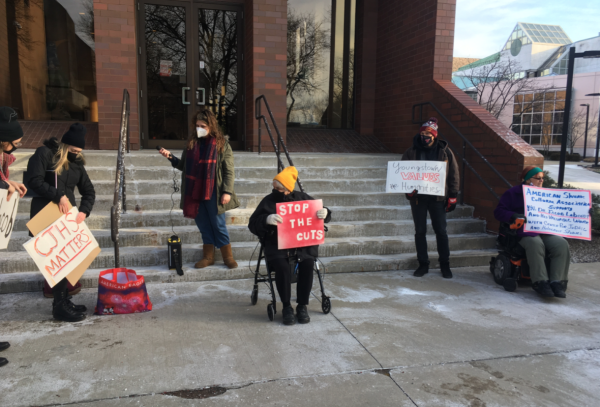



:quality(70)/cloudfront-eu-central-1.images.arcpublishing.com/thenational/CYLXI345QVAFRKCXWYNLMMP37U.jpeg)
:quality(70)/cloudfront-eu-central-1.images.arcpublishing.com/thenational/SIDX2XYVOJJX3J6TFBBFLPNBBE.jpg)
:quality(70)/cloudfront-eu-central-1.images.arcpublishing.com/thenational/2WGGXCQFKUO5XG7LX65ZYY4LQA.jpg)
